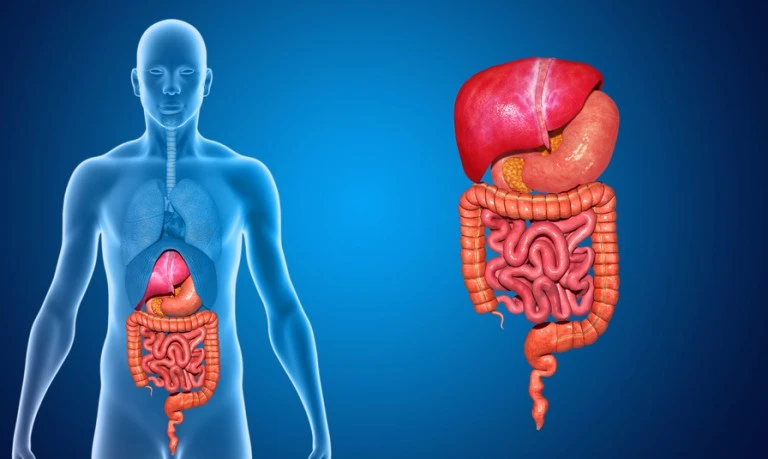
Most people with colorectal cancer in sub-Saharan Africa receive no treatment or only inadequate treatment, despite the disease being potentially curable. The life expectancy of many of those affected, however, can be significantly improved through simple measures.
These were the findings of a new study published in the Journal of the National Comprehensive Cancer Network. The study was conducted by University Medicine Halle along with the American Cancer Society and various international institutes. The team analysed the data of 653 people diagnosed with colorectal cancer. In the light of the rising number of cases and low survival rates in the region, the authors underscored the need to improve diagnosis and treatment options.
“Our study aimed at establishing the amount of basic care that colorectal cancer patients are receiving in sub-Saharan Africa and how impactful the treatment is in terms of survival rates,” explained Lucia Hämmerl, lead author of the new study and research associate in the Global Health working group at University Medicine Halle.
Guidelines are used to make appropriate treatment decisions and options depend on the availability of personnel and infrastructure and vary widely around the world. “Our focus was on harmonised colorectal cancer guidelines that take into account the circumstances in sub-Saharan Africa,” explained Hämmerl.
The study looked at 653 people who had been diagnosed with colorectal cancer. The data was taken from eleven population-based cancer registries. Additional medical information was available in 356 cases (55 per cent). Of these, non-metastatic colorectal cancer (stage I-III) was documented in 262 people and metastatic colorectal cancer (stage IV) in 94 people. Only eight people (three per cent) with non-metastatic and potentially curable disease received guideline-compliant treatment; over half received treatment with deviations and more than a third received no treatment at all. This resulted in a mortality rate that was up to 3.5-times higher in the regions studied.
“Most of the patients with incomplete medical records presumably did not receive adequate treatment, and that was why no clinical data was collected. In the remaining patients, the survival rate was significantly higher when the treatment was guideline-concordant or slightly deviated from the guideline. However, this occurred in less than one in 20 cases, even though adequate basic care can be provided without high-tech or costly solutions,” said Hämmerl.





